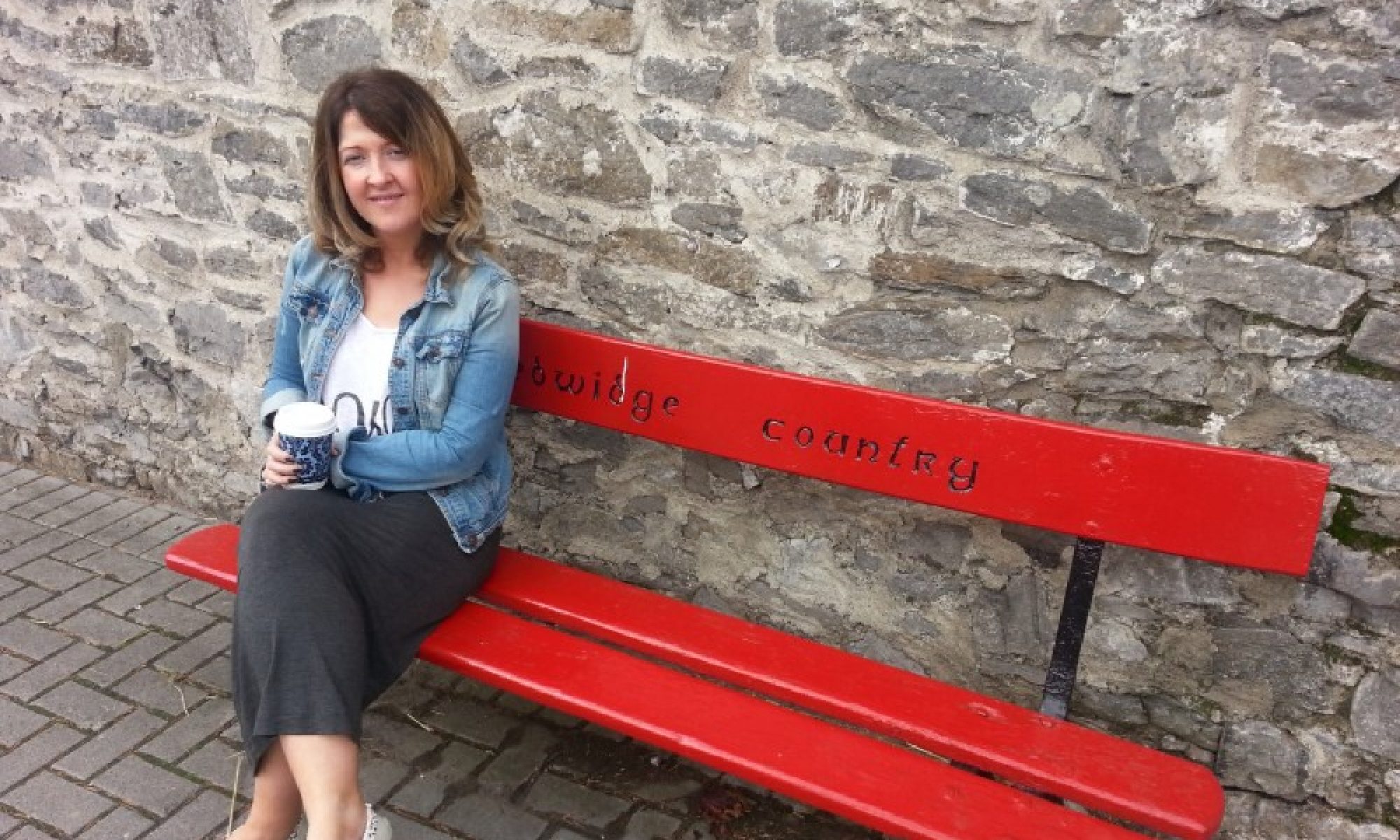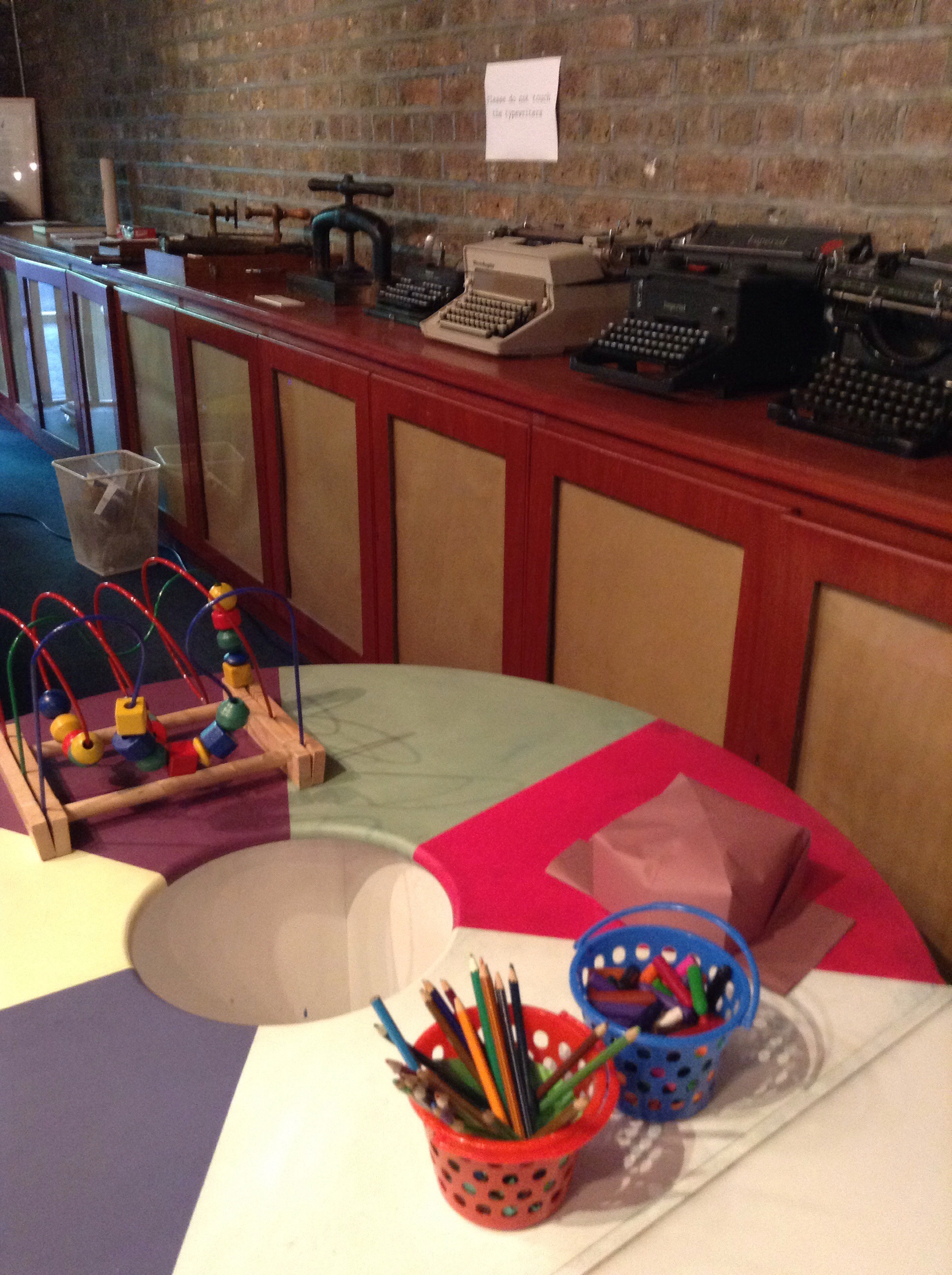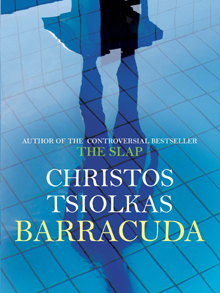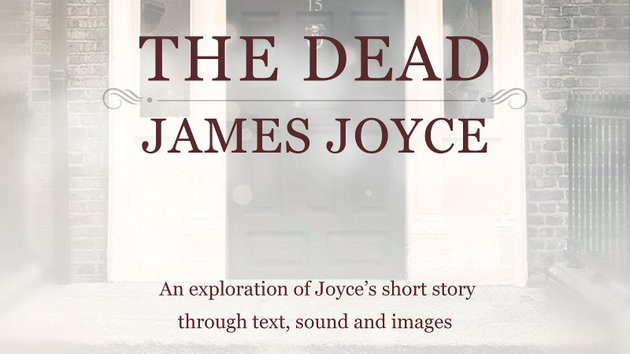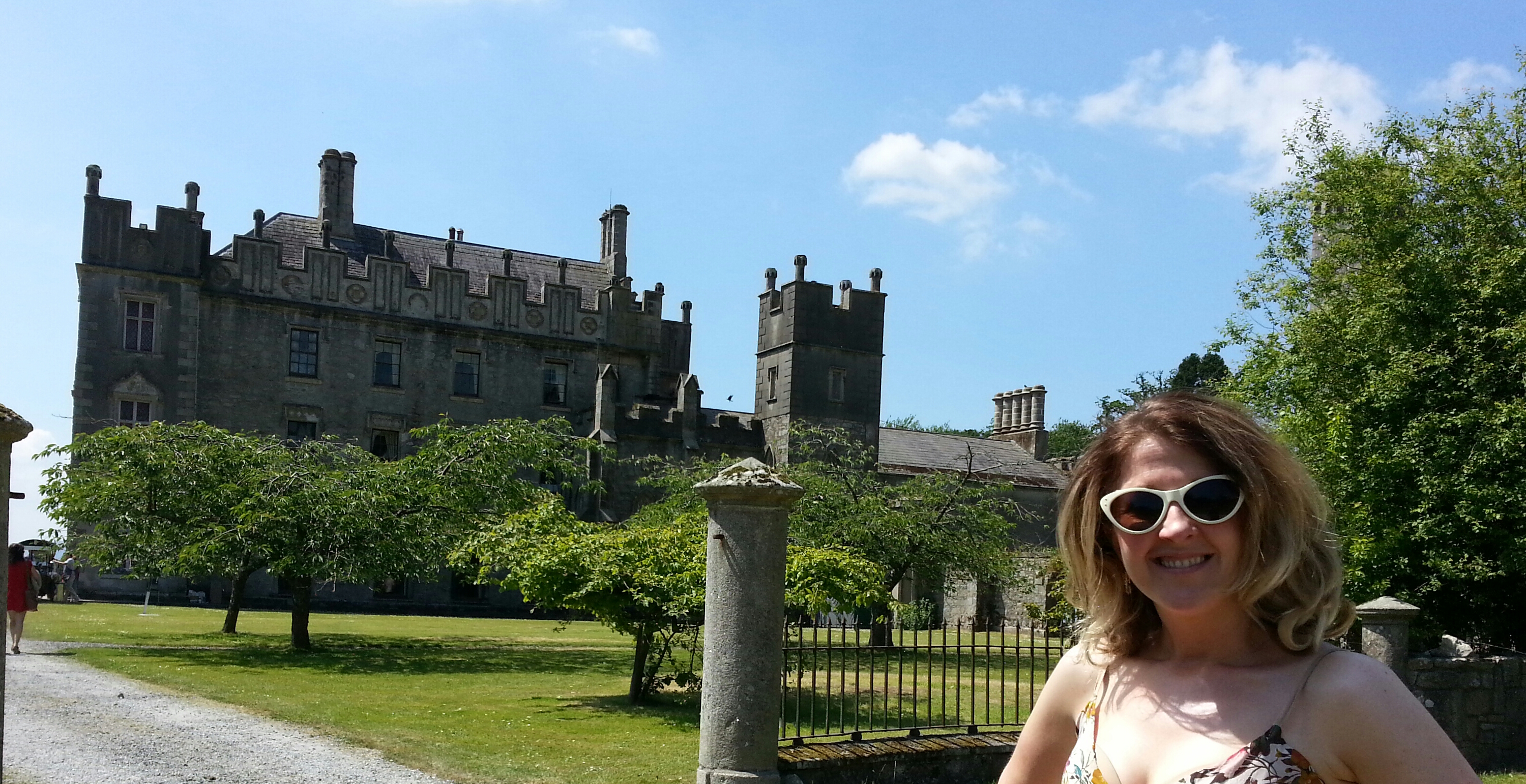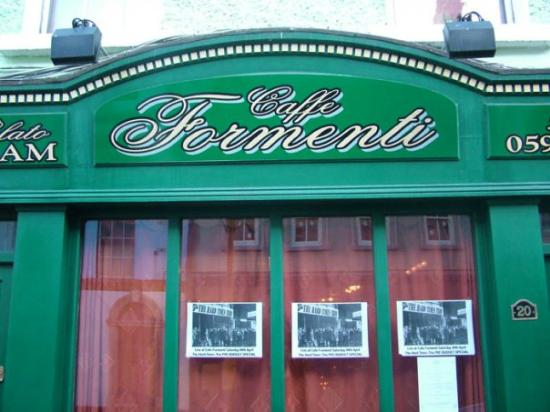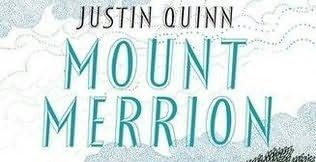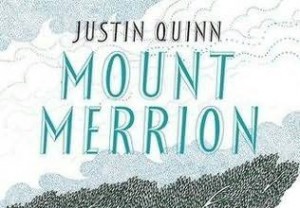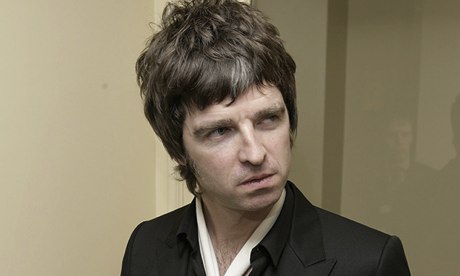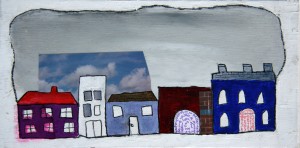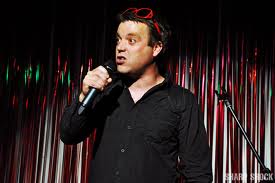I’m starting my first classes with the Carlow Youth Services this week. I’m going to be working with a group of youths on a writing project and it excites me immensely!
I hope to be updating regularly about their progress and if you know any young adults that would be interested in writing, reading, performing and tea, send them my way!
Barracuda by Christos Tsiolkas – review
Barracuda by Christos Tsiolkas – review
The Slap was Christos Tsiolkas first big novel. I think everyone read it. Even Simon, poetry lover read it. And we liked it, didn’t we? Despite hating all and each one of the characters in it!
Barracuda is Christos Tsiolkas second offering after The Slap and it’s his fifth. It’s a chunky book which I finished rather quickly for a book of its size. In fact, I devoured it despite having no interest in swimming, which is the main activity within in.
Daniel Kelly is the main character, he is pretty, pretty brilliant at swimming and he wins a scholarship at a very posh, boarding school to be trained by an Olympic coach. Sounds good but it isn’t. Daniel is not like the rest of the boys, he is from a very working-class family and he is hugely confused and ashamed of his own sexuality and class. We know at the start of the novel that he has spent time in prison for doing something awful. We also know that he has never reached the heights of competitive swimming as he should have. I don’t think that will affect the story.
This is where the novel is more than a simple narrative. Daniel is a confused fallen man. He finds a redemption in reading when he spends time in prison and the novel is littered with reference to old classics. Daniel is aggressive in his exercise, persual of identity and his sexual encounters with other men.
His story is told in a unique way. Each chapter flits between Daniel in Glasgow and Daniel in Australia, going back and forth in time and taking on different character’s viewpoints along the way. This sounds like it would confuse the reader but it never did once. I loved the ending, a sad ending but apt and stems from a highly tense but wonderfully dramatic scene where father and son face off and Daniel learns some final truths.
This story starts off with an urge to beat everyone and everything around the protagonist. To prove himself, Daniel feels he needs to rid himself of everything that is him, his family, his upbringing, his class and his identity. What he does learn in the end is that loving himself and accepting himself are the best prizes. Hard won though. I highly recommend this even if you didn’t take to “The Slap”.
iPad app for Joyce’s short story “The Dead”
Here is something really cool and hip for you Apple and James Joyce fans! It’s an iPad app for the short story, The Dead, Joyce’s most famous short story from his collection, Dubliners. The Dead, the final story of the collection will be 100 years old this year and now we have an app to celebrate it.
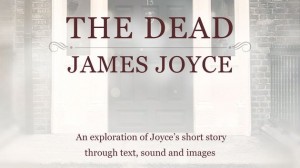
The Dead is a story where not much happens, as all good short stories and it demonstrates Joyce’s genius in inventing what he dubbed “the epiphany”. An epiphany in a short story can be a small shift, change in the characters or events that almost provides the reader and the narrator with a freeze frame.
It’s about two sisters, Kate and Julia Morkan who are holding a big Christmas party, back in the day. It’s January 6th, the feast of the Epiphany and the official last night of Christmas. They have many guests but we focus in on Gabriel and Greta Conroy. Greta hears a song at the party called The Lass of Aughrim and she starts to think back to her past and a certain young man who sang that song to her one wintry night. It ends with Gabriel, her husband making an awful discovery or having an epiphany on the Feast of the Epiphany(see what he did there) about his marriage and his life. Big questions and big issues.
UCD thought up the idea and Athena Media and Vermillion Design constructed the app. I worked with Lisa from Athena Design when I was involved with An Opera for Carlow project a few years back so I’m very excited to hear of this connection, they are innovative and lovely people to work with.
The app gives us the audio and the text, music and photos from the time and a couple of podcast commentaries. It is available to download completely free from iTunes and you really have no excuse.
What do you mean you don’t own an iPad? Tut, tut.
Review of the Year 2013 on rozz.ie
It’s been amazing how busy my year has been. From hanging and learning at writing festivals and workshops to attending launches and lots and lots of reading and reviews in between.
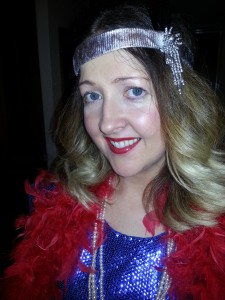
I’m going to start right back at the start of 2013. Yes, you’ve guess it. I’m starting my rozz.ie review of 2013 in…
January
My Christmas present from my husband was a holiday to the city of Bath from. I was looking forward to lots of reading! We stayed in a gorgeous country house hotel up in the hills above the city. During the day, we saw the Jane Austen Museum, the Roman Baths and spent too much money in Mrs B’s Reading Emporium-the most fabulous of fabulous bookshops. I got a great recommendation there for a three-part novella/short story collection by Italian author, Pietro Grossi. I devoured it and reviewed “Fists” on the blog. Back at home, The National Emerging Writers’ Programme released a set of DVDs in conjunction with writing.ie.
February
A Rozzie became ill and Simon attended the Dalkey Book Festival by himself. He treated me to the anthology of very cool and diverse anthology “Best European Fiction 2012” and I promptly gave it a thumbs up and a glowing review on the blog. You have to be nice.
March
There was an obsession on my blog with the Sunday Times EFG Short Story Prize 2013. I downloaded the 5 short stories and loved, loved, loved Mark Hadden’s “The Gun”. I predicted it would win but Junot Diaz’s “Miss Lora” scooped the prize. I liked it but didn’t love it. Not to worry, Mark, there’s always next year.
April
My favourite Lit Crush, Kevin Barry won the IMPAC Prize of €100,000. April was also a month for winning with the Hennessey Literary award for Best Emerging Fiction went to a short story, “Shelley” by John O’ Donnell. That story certainty stayed with me.
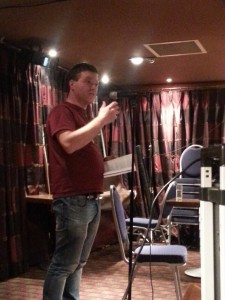
I also got out and about and attended Dave Lordan’s launch of his new book entitled “First Book of Frags” I really enjoyed the frags, a unique mix of full-sugar calorie, Dave-style and proud. His launch was open and fun, ending in an Open Mic where I read a short piece.
May
We saw the beginnings of the festivals that cover Ireland for the summer months with the Dublin Writers’ Festival and I applied for a masterclass with Colum Mc Cann. He handled the packed class of students well and was a chilled out performer.
2013 really was Kevin Barry’s year(Every year is?) and in May, he edited the “Town and Country” short story anthology. I was torn with trying to get to my nephew’s communion in Mayo and going to the launch in Dublin. In the end, after a public vote, I got to both. In heels.
June
It was a month of reviews for rozz.ie and I reviewed “The story of before” by Susan Stairs, “Bloodlines” by Joyce Russell and “Telemetale”, anthology put together by the Irish Writers’ Centre to commemorate Bloomsday.
June was also jam-packed with events. The Carlow Writers’ Cooperative published and launched their own anthology, “What Champagne Was Like” and I had two shorts featured within. The very lovely Jamie O’ Connell launched it for us. We raised over €1,100 and were pretty proud.
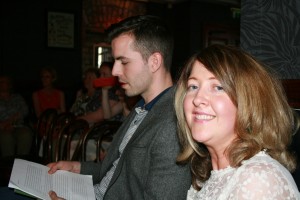
I also checked out the brilliant Festival of Writing and Ideas in Borris House. We had Ben Okri, PJ Harvey, Anne Enright and Donal Ryan to name a few. Hugo Jellett, the organiser has created the top literary festival with a unique setting. A must for any reader or writer. Honestly. It finished off a pretty brilliant Carlow Arts Festival. We are lucky. You should be jealous of Carlow.
July
This month is always the month of the West Cork Literary Festival and we headed off to Bantry again. I sat a week-long workshops with John McKenna and it involved lots of movement and chat and homework! The week flew. My highlight of the festival events was Deborah Levy, reading from her cute book “Things we don’t want to know” and “Black Vodka”, both of which I loved and reviewed on rozz.ie

August
A historian friend( you know who you are) dragged us to the surprisingly cool History Festival in Ireland in Duckett’s Grove, Carlow. We saw “The Great Hunger”, Patrick Kavanagh’s one-man play. It was excellent and we followed it up with an event with Nicky Byrne. He of former Westlife. Turtle Banbury, the host interviewed him well and Nicky told us everything he had found out about his family history in the archives.
I also volunteered for the Kilkenny Arts Festival and sat in on Ron Rash, Kevin Barry(whoop!), Paula Meehan and a evocative and moving performance of the river voice in Finnegan’s Wake in “Riverrun”
I also somehow got the chance to review David Constantine’s new short story collection, “Tea at the Midlands”. Loved.
September
This month was the result of a summer holiday of reading with lots of reviews. I reviewed “Siege 13”, “Testament of Mary” and “The Herbalist”. Carlow Libraries gave us the annual Penfest Literary Festival and I caught up with Nuala Ni Chonchuir and she shared her wisdom on the short story. Kevin Barry arrived in Carlow and he read and chatted about his writing life. He revealed he was heading out of Ireland for a while but he will return. Phew!
October
It was all about the literary magazine. Bohemyth announced its new editor, Michael Naughten-Shanks. Wordlegs magazine announced they wouldn’t be around forever and Dave Lordan et announced a new magazine, Colony. Coming soon!
I reviewed the very cool “Psychotic Episodes” by Alan Mc Gonagle and Simon reviewed the novel “Mount Merrion” purely because he loves Justin Quinn.
November
rozz.ie was longlisted for “Best Arts and Culture” blog and I attended the awards ceremony in style, dressed up as a flapper girl.
New Planet Cabaret anthology was launched by editor, Dave Lordan. Him again! We attended the launch which was recorded live on RTE radio 1 Arena show.
December
It was festive with an entertaining night in Cafe Formenti, Carlow Town. John Mc Kenna and Angela Keogh hosted the event and we were treated to mince pies, turkey and cranberry balls and sweet potato and cinnamon fritters alongside readings and music. It inspired me to host my own Open Mic. Readers were asked to read, rant, sing for 5 minutes on the theme of Yuletide. Loosely. Madeline from the Tearooms gave us her new popup tea rooms as a venue and it was wonderfully festive and sweet!
The last month of 2013 was finished off with a review of Ron Rash’s “Nothing Gold Can Stay” and much anticipated “Young Skins” by modest man, Colin Barrett. Hyped up but fully deserved. I was sad when I finished it. Colin had one of his stories nominated for the Bord Gáis Short Story of the Year award but he lost out.
The last few days of my 2013 are being spent reading Carve Magazine and looking forward to writing some new reviews to come in the shape of “The thing about December” by Donal Ryan and “Baracuda” by Christos Tsiolkas.
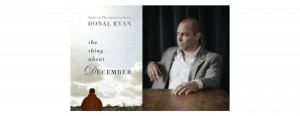
Life is good and rozz.ie is a busy, little blog! I’ve hoped you enjoyed the year with me and it’s given you some inspiration to get reading, it really is the new black. Happy New Year!
Christmassy readings and music in Cafe Formenti
Things are being to look rather festive. I was invited to a Christmas themed reading and music evening miscellany in Cafe Formenti tonight.
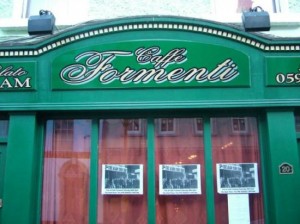
We had some beautiful readings from Angela Keogh, John Mc Jenna and Siobhán Harte-local writers. Katie Jacques sang some groovy Christmas songs, she has a quirky and strong voice and made Christmas favourites her own.
Richie from Cafe Formenti served up highly addictive sweet potato and cinnamon fries, Turkey, cranberry & walnut bites with mince pies.
A really relaxing evening was had. Would love more of these in Carlow Town, we have plenty new and established voices so why not?
All in aid of St Vincent De Paul society. Thank you.
Review:Young Skins by Colin Barrett
Review:Young Skins by Colin Barrett published by The Stinging Fly
I got terribly excited when I received a package the other day. I just knew it was my copy of Young Skins by Colin Barrett and I just knew I would have to wait a while before I could read one of the stories. I had to have my dinner first. Sorry, food will out over short stories. Just about.
I had already read two of Colin’s short stories in the Stinging Fly magazine and in Town and Country edited by Kevin Barry and have found myself cursing Young Barrett for his words, stories and general brilliance. He is also a Mayo man so I am made up!
Young Skins is a collection of 7 wonderful short stories set somewhere in the “Whest”. You may have read The Clancy Kid, his most well known which I reviewed a while back. Young Skins opens with this story and I read it again for the third time, wanting to get a feel for the collection.
You may be aware that I am a huge fan of Kevin Barry and have said before that Colin’s writing sometimes shows a Barry-esque feel. After finishing this collection, I think that Colin writes about much of the same subject matter of Barry but Colin’s writing has a more hyped up sexual and contained anger in it that Barry’s more linguistically playful characters and themes have. They are entirely different beasts.
Colin Barrett’s writing always surprises me. I have met him a couple of occasions and one would find it hard to pin these stories to the freshly-washed and groomed Colin! What is going on his mind?
The men in his stories are sexually charged,wanting sex or violence to give them a lift. Whereas, Barry’s characters are a tamer kind, more polite and not really “getting it” kind of men.
Young Skins is very male and the men are pissed off. With everyone and everything. They have been accustomed to a certain ease but a life in a Post-Boom Ireland has left the young men with a gone-off sense of spoiltness that is true and well-observed here.
I read a story every few days, letting each one sink in. Indeed, they are worth further reads but that’s only after I finish the ever-replenishing mound of reading on my window ledge.
The Clancy Kid is the sort of story that could be sentimental in the wrong hands but not here. I loved the gentle loss shown in this story. The two strong men in thos story are tied together and both are really grieving.
Bait is the next story up. The title is most excellent when the story is completed. This story made me laugh and cringe at the Mayo men’s fascination and social madness that is “Playing Pool” Warning: do not let strange girls from the West into your car. Anytime. They like to play with glass bottles. A scary story which is up for the Bord Gais Best Short Story Award though it is an excellent story, it wouldn’t be my favourite in the collection.
My favourite is the one that every reviewer seems to also love. It’s Calm with Horses one. Almost not a short story with over 70 pages of greatness. It opens with an almost sexual assault and revenge of sorts is promised. This story, as did some of the others, had a real “Love/Hate” feel to it. The main characters, Arm and Dymphna(brilliantly chosen names) in the story have little to lose and little morals about the right things. Art has a son with autism, this is where see some elements of caring on his behalf but the child is not enough to change him. Colin deals with this subject brilliantly, I worked with children with severe autism for years and Colin either has direct experience or he has carried out immense research. Either way, he portrays this well. Children with autism have difficulties with empathy and can find it hard to establish relationships. Like the characters in this story, there is no human connection or caring about death and pain.
I was sickened when I finished Young Skins. My only complaint is that it was too short. More, please. So, it will come as no surprise that I completely endorse this collection and will force as many of my friends to purchase this.
I am sure there are many people predicting great things for Colin, like Kevin Barry, I am joining this campaign and think he will be heading into the area of screenwriting and film. Love/Hate may hire him or maybe, he will be moving onto the novel next. He gets Ireland in a fresh, fresh way.
You can purchase Young Skins by Colin Barrett at www.stingingfly.org here and you really should.
It rocks.
Review: Mount Merrion by Justin Quinn-The poet goes to the other side of fiction.
Review of Mount Merrion
Rozz only has two eyes, which only gives her the ability to read one book at a time so when she was sent a load of books to review, she asked me whether I’d like to do one or two. I decided that one was the better option as I still have a big pile of books at my bedside, all of which are poetry books, and I dip into them every night in such a way that I will probably finish 8 at the same time one evening in the distant future.
One of the books in her collection was by a man who was familiar to me: Justin Quinn. We have a friend in our writing group who mourns when one of the poets amongst us writes a piece of prose. Justin Quinn appears to have left the poetry-flock. I really like Quinn’s poetry – I love the way he structures his poems and the inventive rhymes he comes up with – I was wondering what kind of novelist he would be.
Mount Merrion is a book about a family and it starts off in a hospital where we meet the main character, Declan Boyle, who comes from a fairly well-off family and through the various ways that Irish people tend to do well, that is, who you went to school with, who you happen to be related to and so on, Declan does indeed do well. He meets and marries Sinéad through the same means and they have two children, which wasn’t anything to do with school or politics.
The book is divided into chapters representing Ireland at different times from the 1940s through to 2003 when Ireland is stinking rich. The book deals with issues like health, schooling, business and alcoholism through the journey of the family. It’s a pleasant story and you get to know the family nicely along the way as it jumps from era to era.
For me, the whole book turns on a single paragraph, which would be unfair to share with you so if you do read the book, don’t skip or skim by anything or you’re likely to miss out. It’s a very shocking turn and gives the book an unexpected jolt.
As Justin Quinn is very familiar with the world of communism, there’s a smattering of that in the early part of the book and a bit of an over-indulgent chapter of post-communist Berlin in a later chapter, which I think was a little unnecessary. The book ends in a hospital, which wraps things up nicely. In fact, one of the great strengths of the book was how Quinn ends his chapters and thus, the last sentence of the book is perfect.
Is Justin Quinn a better poet than a novelist? I don’t think it’s for me to say. I enjoyed Mount Merrion very much and I think he grasped the way the upper echelons of Irish society live very well in all its aspects. I hope we haven’t seen the last of Justin Quinn, the novelist, but equally, I hope we haven’t seen the last of the poet either.
This review was written by Simon Lewis of www.anseo.net, www.mash.ie and www.simonlewis.ie fame. He also read Mount Merrion and really likes Justin Quinn’s poetry so he is the ideal reviewer for this novel.
Mount Merrion is published by Penguin Ireland.
Noel Gallagher only likes things that are real to be in books.
I love Noel Gallagher and I love/ed Oasis. But, Noel has been causing controversy again. Has he got a new album to promote? I hope it’s full of song words and images that are 100% real because he has been quoted as apparently saying that fiction is “a waste of f&*^ing time…I only read factual books. I can’t think of … I mean, novels are just a waste of fucking time,” He told GQ’s Danny Wallace in an interview.”I can’t suspend belief in reality … I just end up thinking, ‘This isn’t fucking true’.”
He much prefers reading “about things that have actually happened”, citing Ernest R May’s depiction of the White House during the Cuban missile crisis, The Kennedy Tapes, as the kind of book he can “get into”.
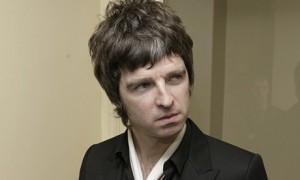
“I’m reading this book at the minute … Thinking, ‘Wow, this actually fucking happened, they came that close to blowing the world up!'”
Wow, i thought I was anal about my dislike for historical fiction. We should start 2 clubs for People who only like to read about things that are real, like 100% real and People who only like to read things that are like, totally made up.
Which club would you be in?
Psychotic Episodes by Alan Mc Monagle
After I had finished The Herbalist, big, long book that it is, I was dying to get stuck into a short story collection again! Alan Mc Monagle’s new short story collection Psychotic Episodes came to the rescue.
I had heard loads of great things about this collection and writer, first on the women write rule blog where Nuala interviewed Alan.
Alan loves the short story form so therefore he will always be dear to my heart.
This collection is varied in length, some of the stories are ultra short like Bloomsday Bus Driver or The mega-million lottery and some longer like Walking along ruins in Babylon
Incidentally, my favourite ones were the more longer ones like Walking along ruins in Babylon. This story unravels late in the night with a phone call intruding into a husband and wife’s bed and sleep. I loved the way this story unfolds itself and adds more and more information for the reader in abrupt stages. I was easily led into the narrator’s world and his wife, senile mother in law and distant son. It ends with a sudden realisation, like many of Alan’s stories seem to end, for the character and a move to some sort of shift in the main character’s world.
This collection is all about the odd things that happen in our world. How people can be disconnected from what is normal. How the strange events can show what a character has been through or where he is heading. Strange things happen in all the stories and it is the character’s reaction to them that show and enlighten their meaning.
For example, in the hilarious story of Thai Food. A young man meets his father who he hasn’t spoken to in years. The father suggests his favourite Thai restaurant and off they go. The lack of any relationship between the two is magnified in the father’s obsession with the restaurant, his strange behavior in the restaurant and the even stranger “psychotic episode” that goes on in the middle of their meal. The father is not aware of reality and in denial about his ex-wife and his own life to the point that he doesn’t seem to mind the strange events in the restaurant. The crazy scene in the Thai restaurant is set up to show what the father’s character is about. For he simply
glances…at the unfolding commotion, takes a long drink and chuckles to himself.
With a few lines, we understand the whole, overused “Show, don’t tell” maxim of millions of writer advice books!
But, Alan does tender as well as fast and wacky. In Beside Titan’s Sea, the story opens gently and directly.
When his parents were quarreling and he was afraid to be around them, Bernard went to his room…
Bernard is a young boy who is living with parents who hate each other. I had started to wait for the crazy episode to appear and when it does, it’s too late for the reader to realise that the boy is in fact part of the crazy episode. Has he been made this way or has he made his parents this way?
In another favourite on mine from this collection, the striking Bleeding Boy creates some amazing images, right at the end. A sort of Mrs Robinson story where young lads hanker after a bit of fine stuff in the form of Mrs Cassidy, a lady who lives on their street. The narrator is mourning from his mother’s death. A wonderfully poignant paragraph about a series of check lists and post it notes give us a way into the narrator’s character when he tells us about his Mum and what she had wanted to do.
Her big list was a list of places she wanted to see before she died…She wrote it all down..I kept her list…I thought that some day I’d get to…these places…then, I could cross them off.
After the ending, I wondered about this boy and if he ever gets to cross them off for his mum’s memory. However, the ending implies that the event that happens will remain in his memory for a long time, shaping who he is and when he became a grown up. He wants to be her bleeding boy.
Alan writes interesting and well layered endings. They seem to end abruptly and I needed to stop, go back and make sense of some of them but they all lead to the same type of conclusion that mad things happen to people and some people will realise this and some will not. An epiphany may or may not happen for the characters in Alan’s stories.
I can totally recommend this collection for anyone who enjoys short stories and humour and wit. I find it interesting that so many of these stories are all taken from various awards, competitions or journals that he has been published in. We have much to learn and enjoy in these psychotic stories. Thought, some are not as crazy as the title of the collection suggests. Or does that say something about the reader?!
Thanks to Arlen House and Alan for allowing me the time to read and absorb this collection.
Alan McMonagle is a poet, playwright and short fiction writer living in Galway, Ireland. He holds an MA in Writing from National University of Ireland, Galway.
He has contributed stories to many journals in Ireland and North America. Liar Liar, his first collection of stories published by Wordsonthestreet appeared in 2008 and was long-listed for the 2009 Frank O’Connor International Short Story Award. The title story from his second collection, Psychotic Episodes, (due from Arlen House in April 2013) was nominated for a 2011 Pushcart Prize
Wordlegs, Bohemyth and Colony literary magazines are a changing!
I am sad but chuffed that Elizabeth Reapy and Wordlegs are finishing up at Issue 20. Always better to finish on top. I admire Wordlegs and what they did. Elizabeth is no doubt going to move onto bigger things and the very best of luck to her.
Also, the Bohemyth literary magazine is now going to be managed by Michael Naghten-Shanks and moving to a new format. I am sure it will be as interesting and experimental as ever!
Colony Magazine is a new online literary magazine which is being edited by Dave Lordan and millions of other lovely writerly folk.
We are very lucky in Ireland!
